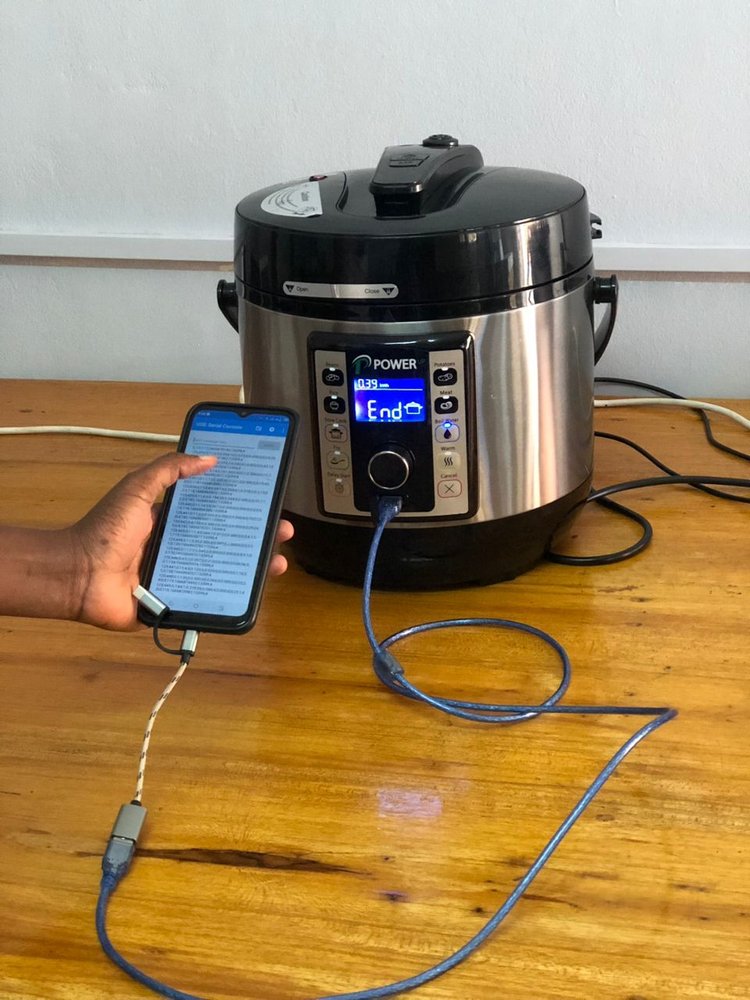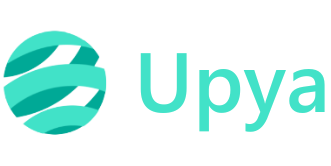Billions of people worldwide still rely on polluting fuels like wood, charcoal, and kerosene for daily cooking, a practice that drives deforestation, contributes to over 1 gigaton of annual carbon emissions, and causes millions of premature deaths each year due to household air pollution. Despite the urgency, progress on clean cooking lags behind other energy access goals: as of 2022, about 2.1 billion people—one-third of the global population lack access to clean cooking facilities. Projections indicate that, without decisive action, 1.7 to 1.8 billion people could remain without access by 2030, with sub-Saharan Africa bearing thebrunt of this continued gap. Scaling clean cooking must become a central pillar of climate action, health interventions, and sustainable development stratgies.

Table of Contents
Barriers and the Need for User-Centric Solutions
Affordability remains a key obstacle. Many households cannot afford the upfront cost of clean cooking technologies, and solutions must also align with local cooking habits and preferences to ensure adoption. As highlighted by the World Bank’s ESMAP and recent UNDP analysis, only robust, context-sensitive approaches can overcome these barriers.
Smart Commercial Models: PAYGO’s Transformative Impact
Pay-as-you-go (PAYGO) models have emerged as a game-changer for clean cooking access. By allowing users to pay in small, flexible installments, PAYGO makes modern stoves and fuels attainable for low-income households, supporting both urban and rural communities. This approach not only fosters inclusion and ownership but also helps drive broader energy access.
Scaling Through Carbon Finance With Integrity
Carbon markets present a vital financing stream. Clean cooking projects could unlock up to USD 800 million in carbon finance by 2030, helping to reduce end-user costs and scale adoption. However, the voluntary carbon market (VCM) faces growing scrutiny over credit quality and transparency. Recent initiatives, such as the French Government’s Carbon Credit Charter and the Voluntary Carbon Markets Integrity Initiative (VCMI), are pushing for higher standards and clearer reporting to ensure carbon credits genuinely reflect climate impact.
The Digital Edge: IoT and Data-Driven Verification
Digital innovation is rapidly transforming the sector. Internet of Things (IoT) devices—such as smart meters and sensors—enable real-time tracking of stove usage, emissions, and payments. This data is crucial for both PAYGO models (to manage payments and maintenance) and for verifying carbon credits, ensuring that claimed emissions reductions are real and measurable. Digital Measurement, Reporting, and Verification (digital MRV) systems, combined with AI and geospatial analytics, are enhancing transparency, building investor trust, and unlocking new finance opportunities.
Investment and Policy: The Road Ahead
Achieving universal clean cooking access by 2030 requires a dramatic scale-up in investment—rising from current levels of around USD 2.5 billion to at least USD 8 billion annually, with half needed in Africa alone. Stronger policy frameworks, better coordination, and international cooperation are essential to unlock this capital and accelerate innovation.
Conclusion
The combination of PAYGO financing, high-integrity carbon markets, and digital tools like IoT is reshaping and scaling clean cooking landscape. These innovations make solutions more affordable, scalable, and impactful offering a pathway to cleaner air, healthier lives, and real progress toward global climate and development goals.
